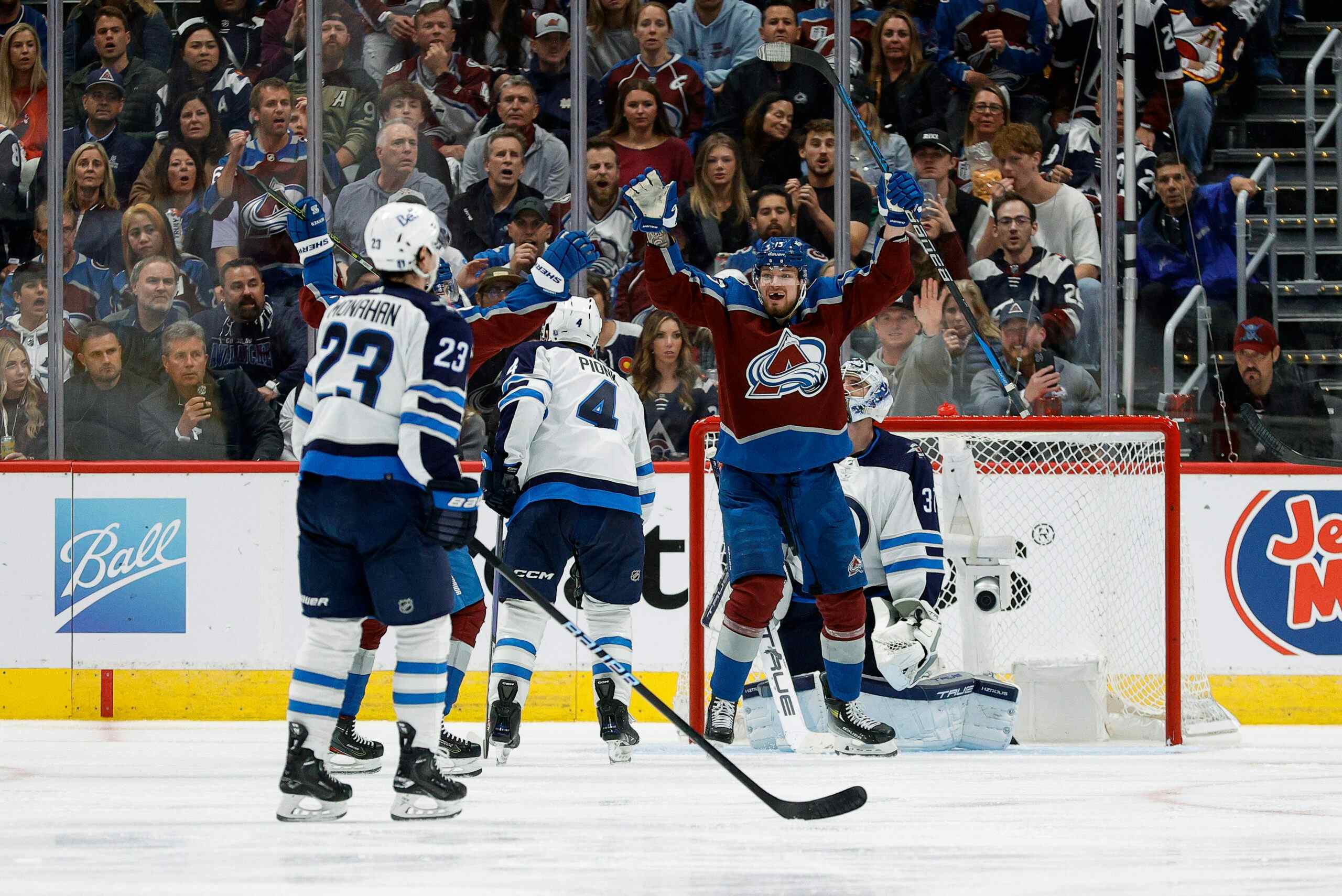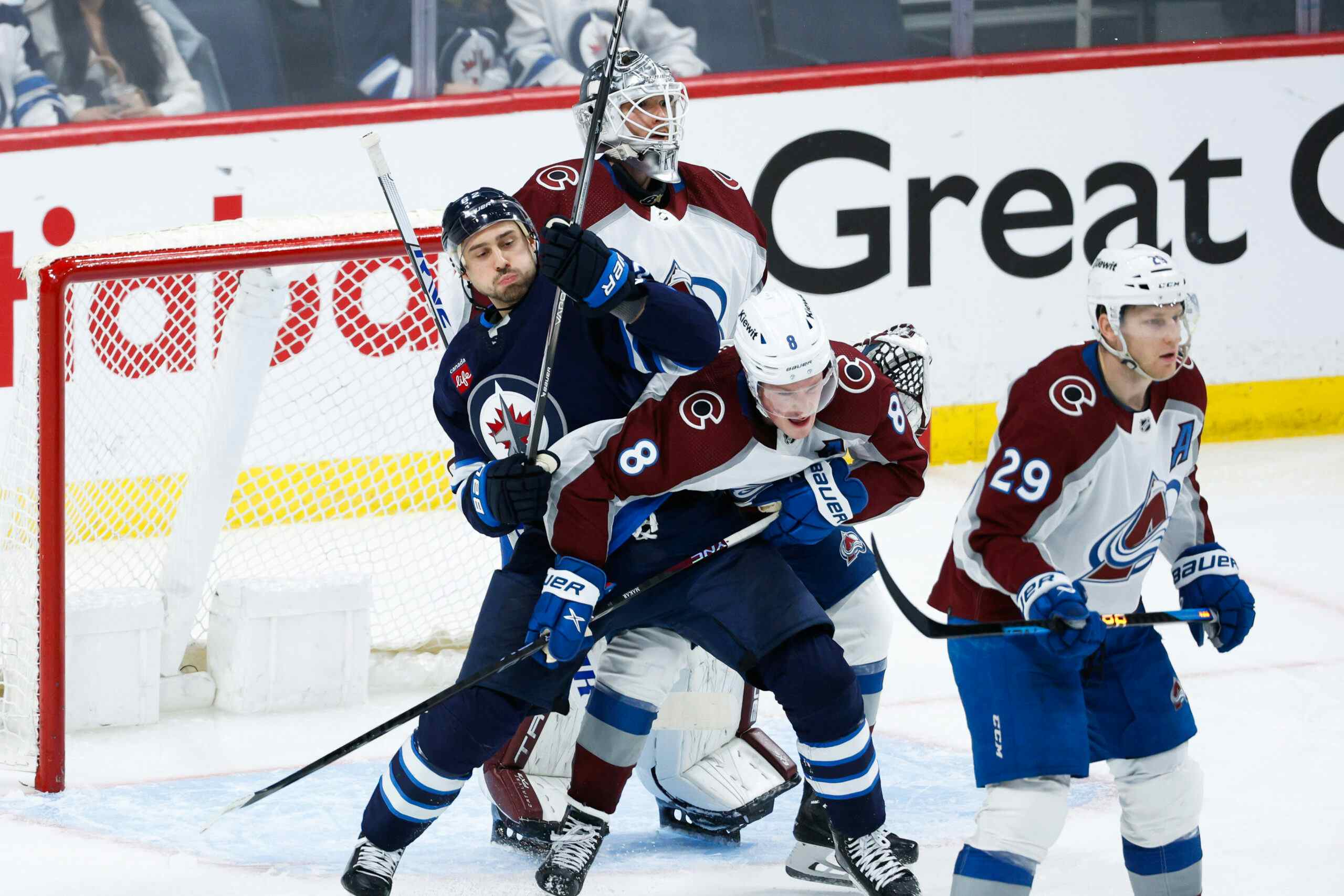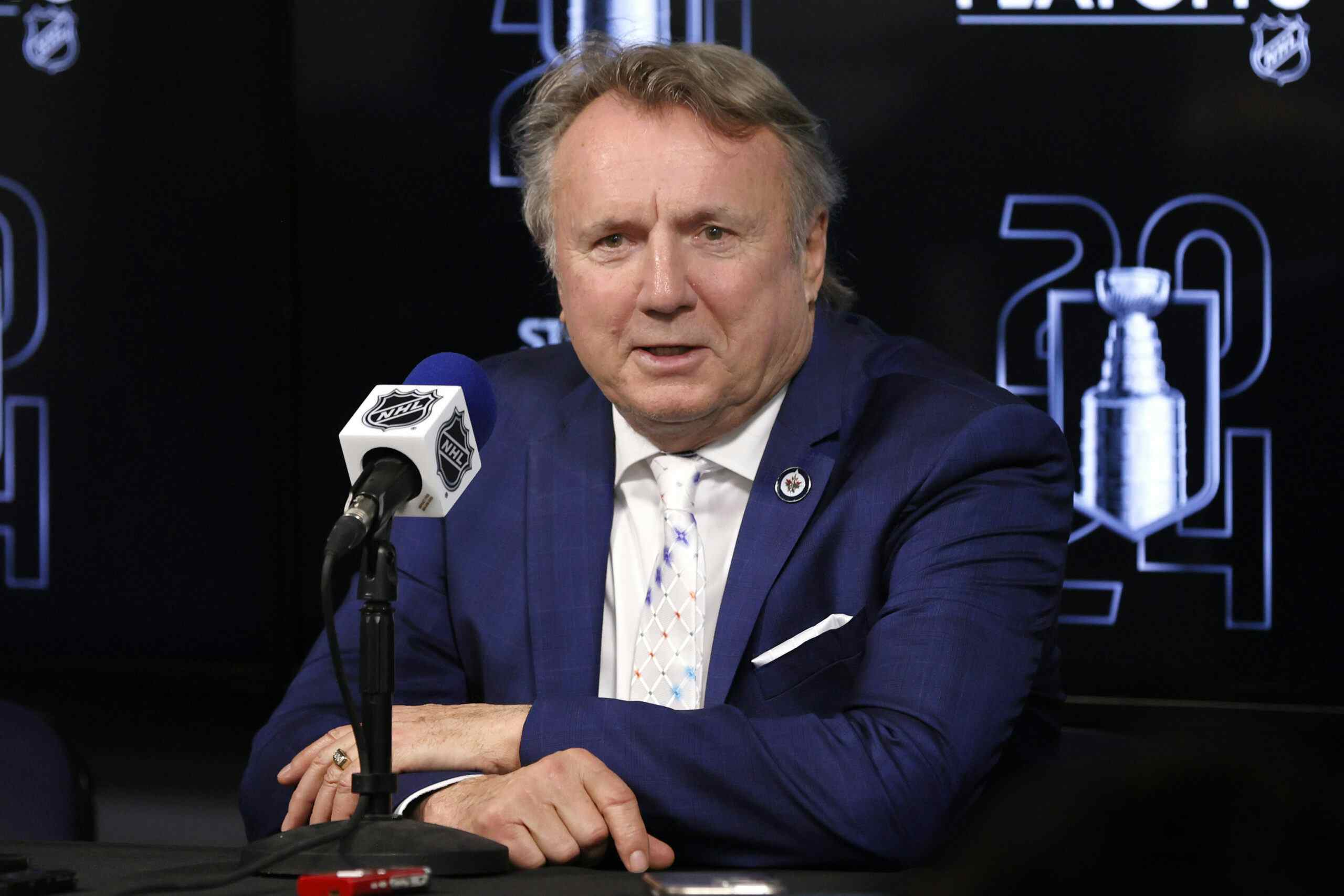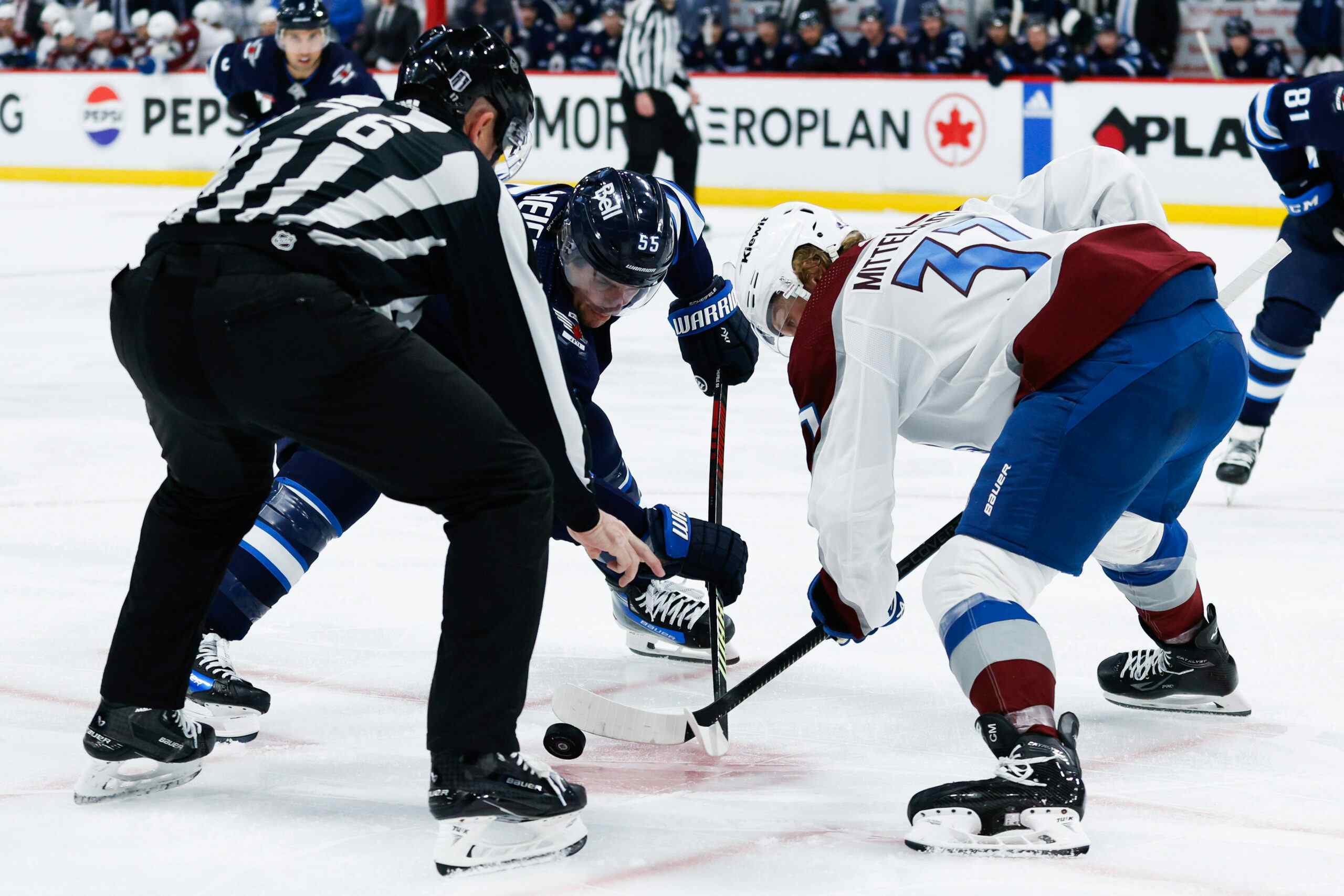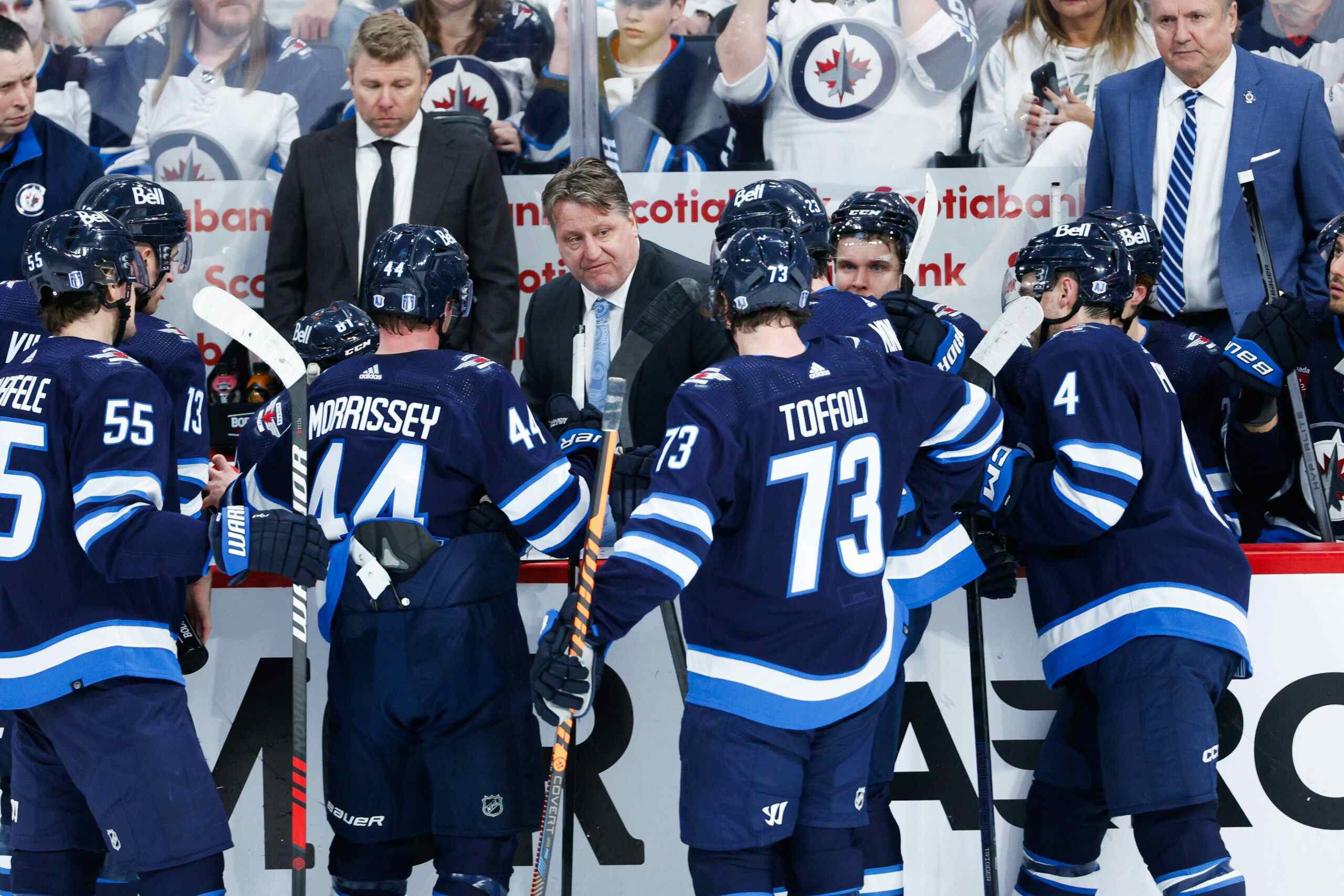Nation Network Prospect Profiles: #35 Jakob Forsbacka-Karlsson
By Josh W
8 years agoContinuing with our Prospect Profiles, today we turn to
number 35 on the list, the Swedish import into the USHL and currently scheduled
to attend Boston College: Jakob Forsbacka-Karlsson (aka JFK).
number 35 on the list, the Swedish import into the USHL and currently scheduled
to attend Boston College: Jakob Forsbacka-Karlsson (aka JFK).
This young centre has potential to become an impact player
for your team if you’re willing to take the risk. His path is unique having succeeded in the
Swedish system at a young age, jumping to the USHL and now heading to the NCAA.
for your team if you’re willing to take the risk. His path is unique having succeeded in the
Swedish system at a young age, jumping to the USHL and now heading to the NCAA.
Continue past the jump for his breakdown.
Bio:
- Age: 17.87 at the start of the past season. Born October 31, 1996
- Birthplace: Stockholm, SWE
- Position: Centre
- Frame: 6’1” – 190 lbs
- Draft Year Team: Omaha Lancers (USHL)
- Accomplishments: USHL Third All-Star Team
Stats:
| PCS% 2014 | PCS Pts/82 2014 | PCS% 2015 | PCS Pts/82 2015 |
|---|---|---|---|
| 31.3% | 51.6 | 21.4% | 53.9 |
| PCS Most NHL GP | PCS Highest Pts/GP |
|---|---|
| Erik Cole | Paul Stastny |
| Patrick Sharp | Patrick Sharp |
| Paul Stastny | Max Pacioretty |
Scouts:
| NHL CSS | ISS | FutureConsiderations | HockeyProspect | Pronman | McKeen’s | McKenzie |
|---|---|---|---|---|---|---|
| 31 (NA) | 55 | 69 | NR | 40 | 29 | 52 |
A player who has worked hard at his all-around game, but
needs to gain more consistency. That being said, he can be an offensively
effective center; possesses a high level of hockey intelligence and plays with
intensity. A smooth, yet not dynamic skater. An excellent passer; can turn a
“nothing doing” play into a scoring chance
While Forsbacka-Karlsson lacks a wow-factor to his game, the Swedish import is
an effective two way pivot who profiles well as a second or third pairing
center at the highest level. He was one of the top play-makers in the USHL in
his draft year.
He has good stickhandling, and uses his size to protect the
puck down low, working well in that cycle and maintaining possession for his
team. Forsbacka-Karlsson is very effective on the forecheck, forcing defenders
to rush plays and make mistakes.
He is very good in the face-off circle, winning draws in
both the offensive and defensive zone. He is a top penalty killer for the
Lancers, and shows very good anticipation and the ability to cut down passing
lanes with his long and active stick.
Our Take:
Once you start looking at prospects in the more “fringe”
leagues, such as the USHL, their statistics become much more limited to Goals,
Assists and Games Played. From these, we can still draw some information about
JFK and paint a picture on his probability of NHL success.
leagues, such as the USHL, their statistics become much more limited to Goals,
Assists and Games Played. From these, we can still draw some information about
JFK and paint a picture on his probability of NHL success.
From a physical stature point of view, this late-96 birthday
player just above average size for forwards of his age and he already has
decent size. He only shows up in the
top-10 combine results for his right hand grip-strength (at 160 lbs). He also fails to show up within the top-10
rankings of prospect skills by Corey Pronman.
player just above average size for forwards of his age and he already has
decent size. He only shows up in the
top-10 combine results for his right hand grip-strength (at 160 lbs). He also fails to show up within the top-10
rankings of prospect skills by Corey Pronman.
Reviewing the talent analysis from the qualitative scouts we
can see that JFK has good skating, is good defensively, has the hockey IQ to be
a great playmaker (8th in the USHL in assists in 2014) but there are
questions about his “consistency” and if he truly has the scoring talent to
make the jump to the NHL. Overall his
projection is that of a second-line centre as his ceiling with third line-centre
most likely.
can see that JFK has good skating, is good defensively, has the hockey IQ to be
a great playmaker (8th in the USHL in assists in 2014) but there are
questions about his “consistency” and if he truly has the scoring talent to
make the jump to the NHL. Overall his
projection is that of a second-line centre as his ceiling with third line-centre
most likely.
While “consistency” is a label given to a player who doesn’t
score on an unvarying basis (as scoring typically does) the statistical
analysis suggests a similar outcome.
score on an unvarying basis (as scoring typically does) the statistical
analysis suggests a similar outcome.
Having played against much older players, and having success
against them is a good sign of success for a player. JFK did this when he scored over a half
point/game as a 15 year-old in the SuperElit and when he scored more than a
point a game in the J18 as a 14 year-old.
against them is a good sign of success for a player. JFK did this when he scored over a half
point/game as a 15 year-old in the SuperElit and when he scored more than a
point a game in the J18 as a 14 year-old.
His Prospect-Cohort Success numbers suggests that there are
few players, similar to JFK’s mold, that have succeeded, and those that who
have succeeded have done quite well.
There are few PCS comparables for JFK with Max Patioretty highlighting the group. David Booth, Brandon Saad, Patrick Sharp, and Paul Stastny are also there, but that kind of upside seems a bit farfetched given the scouting information on him.
few players, similar to JFK’s mold, that have succeeded, and those that who
have succeeded have done quite well.
There are few PCS comparables for JFK with Max Patioretty highlighting the group. David Booth, Brandon Saad, Patrick Sharp, and Paul Stastny are also there, but that kind of upside seems a bit farfetched given the scouting information on him.
His PCS numbers suggest that he is a bit less likely to
become an NHL regular compared to other prospects still on the board (around
the second round) but if your team takes a risk on JFK then he has the
potential to become a very good player.
become an NHL regular compared to other prospects still on the board (around
the second round) but if your team takes a risk on JFK then he has the
potential to become a very good player.
Recent articles from Josh W

